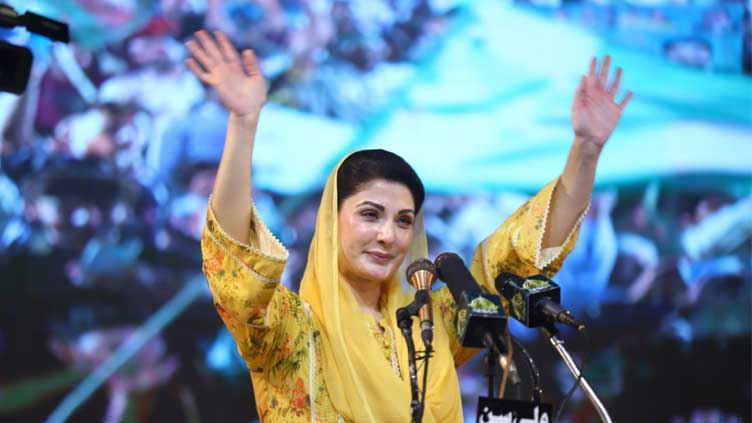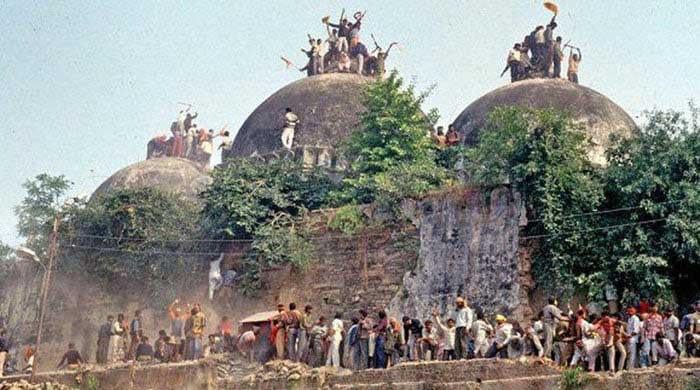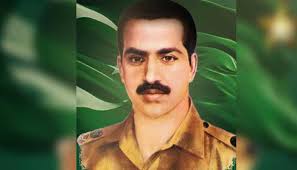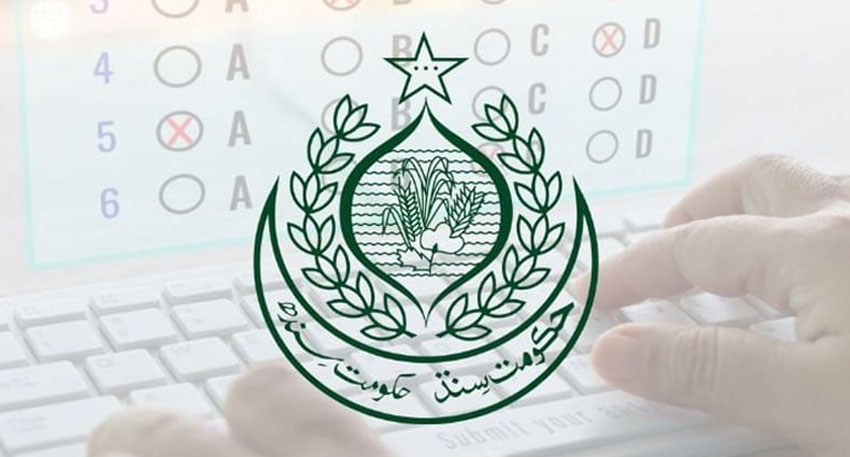Best Pakistani Leader
By Muhammad FarazPublished On 17 Apr 2023

Pakistan is a nation that has been through a lot of ups and downs since its inception in 1947. It has seen times of prosperity as well as times of struggle and hardship. Through it all, Pakistan has been led by various leaders, each with unique strengths and weaknesses. This blog post will discuss who we believe to be the best Pakistani leader.
Before we get into that, it is essential to note that determining the "best" Pakistani leader is subjective. Different people have different criteria for what makes a good leader, and what may be necessary to one person may not be as important to another. That said, we will be looking at a few factors that we believe are important in determining the best Pakistani leader.
First and foremost, a good leader needs to be able to make difficult decisions. Pakistan is a country that has faced many challenges over the years, and its leaders have had to make tough choices to move the country forward. A good leader should be able to weigh the pros and cons of a situation and make a decision that is in the best interest of the country as a whole.
Secondly, a good leader should be able to inspire and motivate their people. Pakistan is a diverse country with many different cultures and religions, and it can be challenging to bring everyone together under one common goal. A good leader should be able to rally their people around a shared vision and inspire them to work towards it.
Top Five Politicians in Pakistan
- Imran Khan
- Muhammad Ali Jinnah
- Benazir Bhutto
- Zulfikar Ali Bhutto
- Liaquat Ali Khan
Imran Khan
Imran Khan is a well-known political leader who has served as the Prime Minister of Pakistan since 2018. Born on October 5, 1952, in Lahore, Pakistan, Khan is a former cricketer who played for the Pakistani national cricket team.
Khan received his early education in Lahore and studied at Aitchison College and the Royal Grammar School in Worcester, England. He later attended Keble College, Oxford, where he studied philosophy, politics, and economics.
Khan began his cricket career in the late 1970s and quickly gained recognition as a skilled all-rounder. He led the Pakistani cricket team to victory in the 1992 Cricket World Cup and retired from the sport in 1992 as a highly respected player.
After retiring from cricket, Khan turned to politics and founded the Pakistan Tehreek-e-Insaf (PTI) political party in 1996. The party's platform focused on anti-corruption, social justice, and establishing a welfare state.
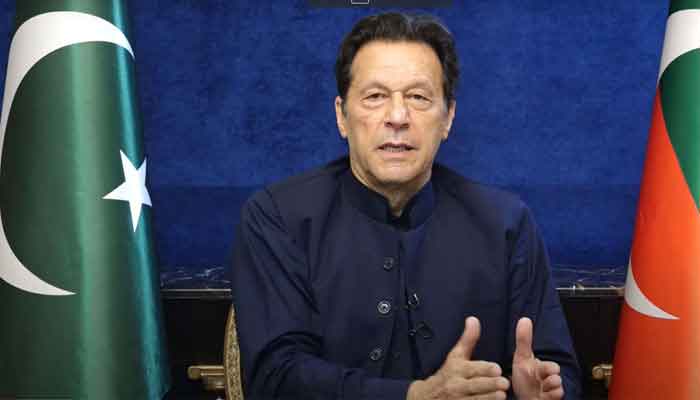
Despite initial setbacks, Khan persevered and continued growing his party's influence over the years. He ran for the position of Prime Minister in the 2013 Pakistani general election but was unsuccessful. However, in the 2018 general election, Khan's PTI emerged as the largest party in the National Assembly, and he was subsequently elected as the 22nd Prime Minister of Pakistan.
As Prime Minister, Khan has pursued several policy initiatives to reform Pakistan's economy and improve its citizens' lives. He has focused on promoting tourism and investment in the country and has initiated several anti-corruption measures to increase government transparency.
Khan has been a vocal critic of the United States drone strike policy in Pakistan and a vocal opponent of India's policies in Kashmir. He has also strongly advocated peace talks with the Taliban in Afghanistan.
In addition to his political career, Khan is also known for his philanthropic work. He has founded several charitable organizations to provide education and healthcare to underprivileged communities in Pakistan.
Overall, Imran Khan is a respected political leader in Pakistan who has worked tirelessly to improve the lives of his fellow citizens. His efforts to promote social justice, anti-corruption, and economic reform have earned him widespread support and admiration in Pakistan and worldwide.
Muhammad Ali Jinnah
Muhammad Ali Jinnah, also known as Quaid-e-Azam (Great Leader), was a prominent political leader who pivotally created Pakistan. He was born on December 25, 1876, in Karachi, a part of British India.
Jinnah received his early education in Karachi and studied law in London. He began his political career in the early 1900s, serving as a member of the Indian National Congress, the leading political party in India.
However, Jinnah eventually became disillusioned with Congress and its leadership, who he felt were not doing enough to protect the rights of India's Muslim minority. In 1913, he joined the All India Muslim League, a political party that aimed to represent the interests of India's Muslims.
Over the years, Jinnah rose to become one of the most prominent leaders of the Muslim League. He was key in negotiations with the British government over India's future. He strongly advocated for creating a separate Muslim state in India's northwestern and northeastern regions, which would become Pakistan.
In 1940, Jinnah famously delivered the Lahore Resolution, which called for creation an independent Muslim state in India. This marked a turning point in the movement for Pakistani independence, and Jinnah became the de facto leader of the Muslim League.
In 1947, the British government announced its plans to grant independence to India, and Jinnah played a crucial role in negotiating the terms of the partition of India. Pakistan was officially created on August 14, 1947, and Jinnah became its first Governor-General.
As Governor-General, Jinnah faced several challenges, including integrating the various regions that now made up Pakistan and establishing a new government. He also had to deal with ongoing tensions between Pakistan and India, which had led to violence and the displacement of millions of people.
Unfortunately, Jinnah's health began to deteriorate soon after the creation of Pakistan, and he passed away on September 11, 1948, at 71. However, his legacy as a political leader and the founder of Pakistan has endured, and he is widely regarded as one of the most influential figures in South Asian history.
Muhammad Ali Jinnah was a visionary political leader who played a key role in creating Pakistan. His commitment to the rights of India's Muslim minority and tireless efforts to achieve Pakistani independence has earned him a place in history as one of the most outstanding leaders of the 20th century.
Benazir Bhutto
Benazir Bhutto was a highly regarded political leader who served as the Prime Minister of Pakistan twice, from 1988-1990 and 1993-1996. She was born in Karachi, Pakistan, on June 21, 1953, into a prominent political family.
Bhutto received her early education in Pakistan and studied at Radcliffe College at Harvard University, where she earned a degree in comparative government. She then pursued further studies in international law and diplomacy at Oxford University.
In 1977, Bhutto's father, Zulfikar Ali Bhutto, who had served as the Prime Minister of Pakistan, was overthrown in a military coup and subsequently executed. Benazir Bhutto and the rest of her family were arrested under house arrest. Still, she eventually managed to leave the country and began to campaign for her father's release and the restoration of democracy in Pakistan.
Bhutto returned to Pakistan in 1986 and became the Pakistan People's Party (PPP) leader, which her father had founded. She went on to win the 1988 Pakistani general election and became Pakistan's first female Prime Minister.

As Prime Minister, Bhutto implemented several essential reforms, including establishing women's development programs and promoting social welfare policies. She also strengthened Pakistan's economy and improved relations with India.
However, Bhutto's tenure was also marked by several challenges, including ongoing tensions with the military and accusations of corruption. She was removed from office in 1990 but was re-elected as Prime Minister in 1993 and served until 1996.
In 2007, Bhutto returned to Pakistan after self-imposed exile and announced her intention to run again for Prime Minister. However, she was tragically assassinated while campaigning in Rawalpindi on December 27, 2007.
Bhutto's death significantly affected Pakistan's democracy and led to widespread protests and unrest. However, her legacy as a trailblazing female leader and her commitment to democracy and social justice has continued to inspire people worldwide.
Overall, Benazir Bhutto was a highly respected political leader who significantly contributed to Pakistan's development. Her commitment to democracy, human rights, and social welfare has earned her a place in history as one of Pakistan's most outstanding leaders.
Zulfikar Ali Bhutto
Zulfikar Ali Bhutto was a prominent Pakistani political leader who served as the Prime Minister of Pakistan from 1973 to 1977. He was born in a prominent political family on January 5, 1928, in Larkana, Sindh, British India.
Bhutto studied law at the University of California, Berkeley, and later at Oxford University. He began his political career in the 1950s, serving as a cabinet member of Pakistan's first Prime Minister, Liaquat Ali Khan.
In 1967, Bhutto left the ruling Pakistan Muslim League to form his political party, the Pakistan People's Party (PPP). The PPP quickly gained popularity among the country's working-class and rural populations, and Bhutto became a leading figure in the movement for democracy and socialism in Pakistan.
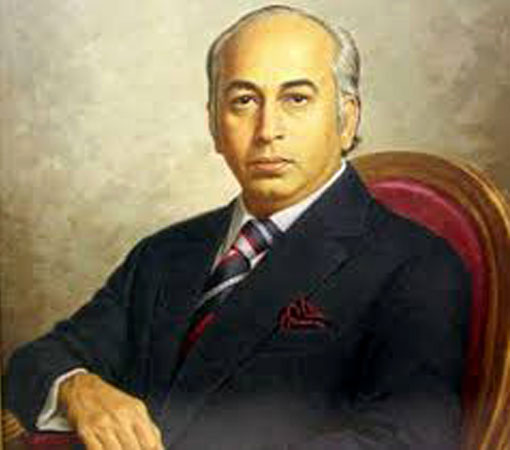
In 1970, the PPP won a majority in the National Assembly of Pakistan, and Bhutto became the country's first democratically elected civilian president. He implemented several important reforms during his tenure, including nationalizing vital industries and establishing a new constitution that enshrined democratic principles and protections for human rights.
However, Bhutto's time in office was also marked by several challenges, including a devastating cyclone that hit the country in 1970 and a war with India in 1971 that led to the secession of East Pakistan, which became the independent country of Bangladesh.
In 1977, Bhutto's government was overthrown in a military coup led by General Muhammad Zia-ul-Haq. Bhutto was arrested, tried for conspiracy to murder, and sentenced to death. Despite international appeals for clemency, Bhutto was executed on April 4, 1979.
Bhutto's death was a major blow to the Pakistani democratic movement, leading to widespread protests and unrest. However, his legacy as a political leader who fought for democracy, human rights, and social justice has endured, and he remains a highly respected figure in Pakistani politics.
Overall, Zulfikar Ali Bhutto was a visionary political leader who played a pivotal role in the development of modern Pakistan. His commitment to democracy, socialism, and human rights has inspired generations of Pakistanis and earned him a place in history as one of the country's greatest leaders.
Liaquat Ali Khan
Liaquat Ali Khan was a prominent political leader who served as the first Prime Minister of Pakistan from 1947 to 1951. He was born into an eminent Muslim family in Karnal, British India on October 1, 1895.
Khan studied law at Oxford University and later joined the All India Muslim League, a political party that advocated for creating a separate Muslim state in India. He played a leading role in the Pakistan Movement. He was a key figure in negotiations with the British colonial authorities that led to the creation of Pakistan as an independent country in 1947.
After the establishment of Pakistan, Khan became the country's first Prime Minister and oversaw the difficult task of building a new nation from scratch. He faced several challenges during his time in office, including the mass migration of millions of people between India and Pakistan and ongoing tensions with India over the disputed region of Kashmir.

Khan was also committed to establishing democratic institutions in Pakistan and worked to promote social welfare policies and economic development. He was a strong advocate for the rights of minorities, including Hindus and Christians. He played a key role in developing Pakistan's foreign policy, forging close ties with countries such as the United States and Turkey.
In 1951, Khan was tragically assassinated while attending a political rally in Rawalpindi. His death was a major blow to the fledgling Pakistani democracy, leading to widespread protests and unrest.
However, his legacy as a political leader who played a key role in creating Pakistan and establishing democratic institutions have endured. Khan is widely regarded as one of Pakistan's most significant leaders, and his commitment to democracy, human rights, and social justice has inspired generations of Pakistanis.
Overall, Liaquat Ali Khan was a visionary political leader who played a pivotal role in the development of modern Pakistan. His commitment to democracy, social welfare, and the rights of minorities has earned him a place in history as one of the country's most outstanding leaders.

